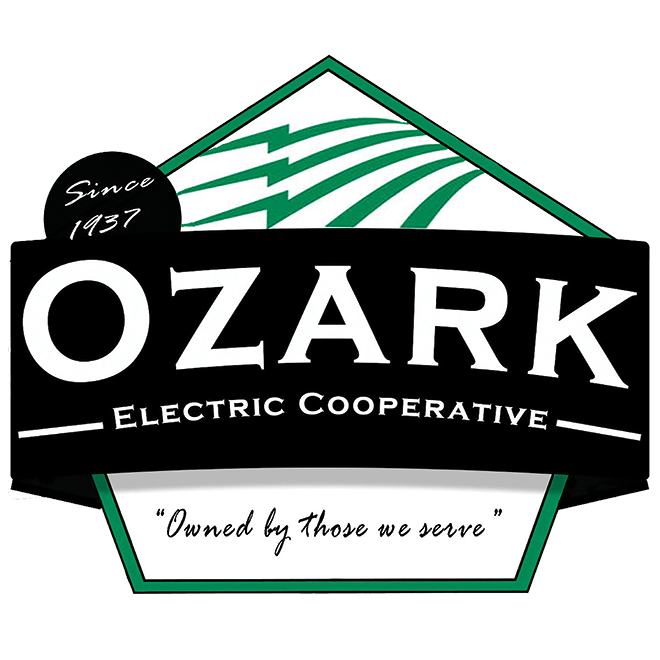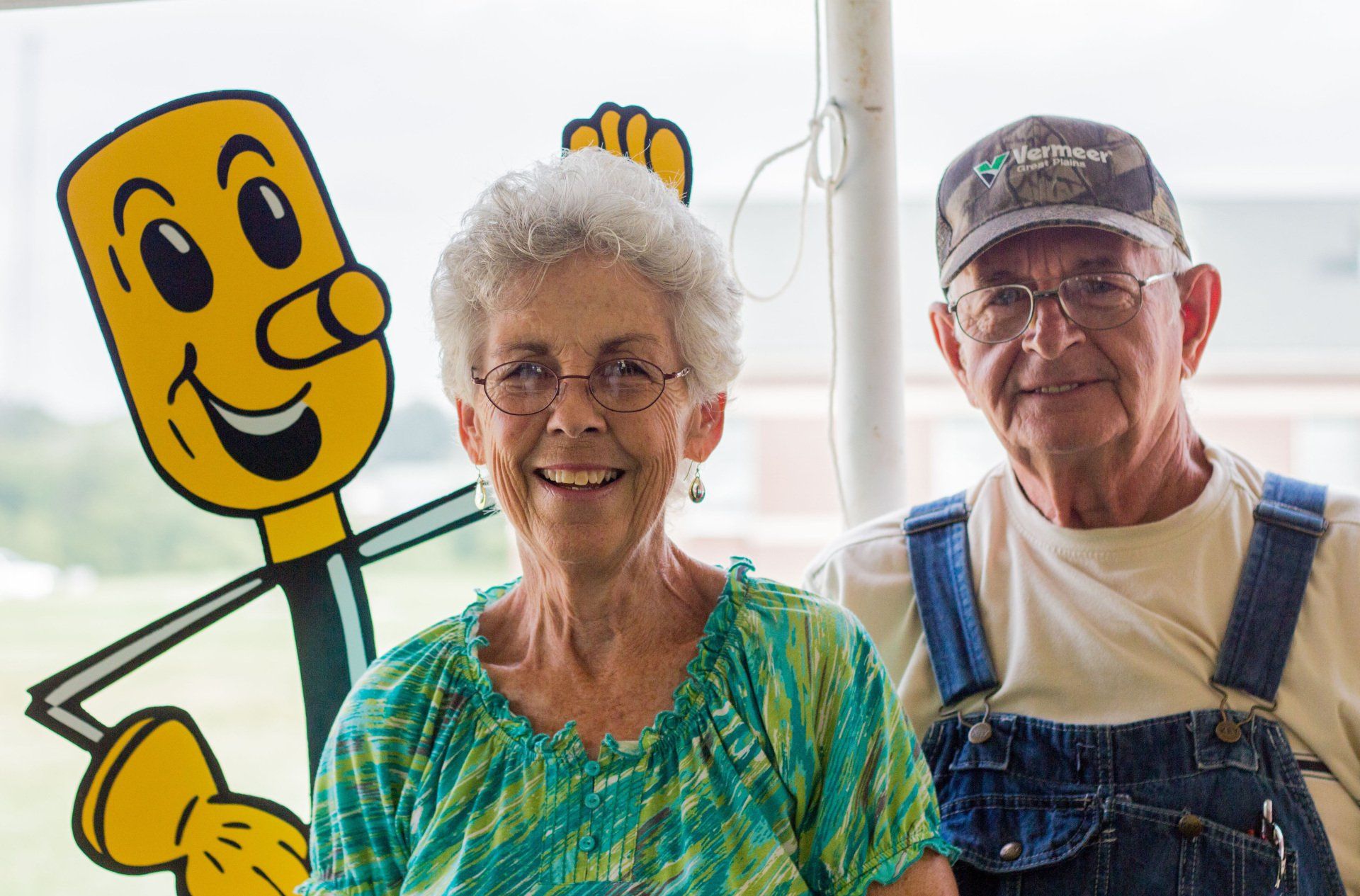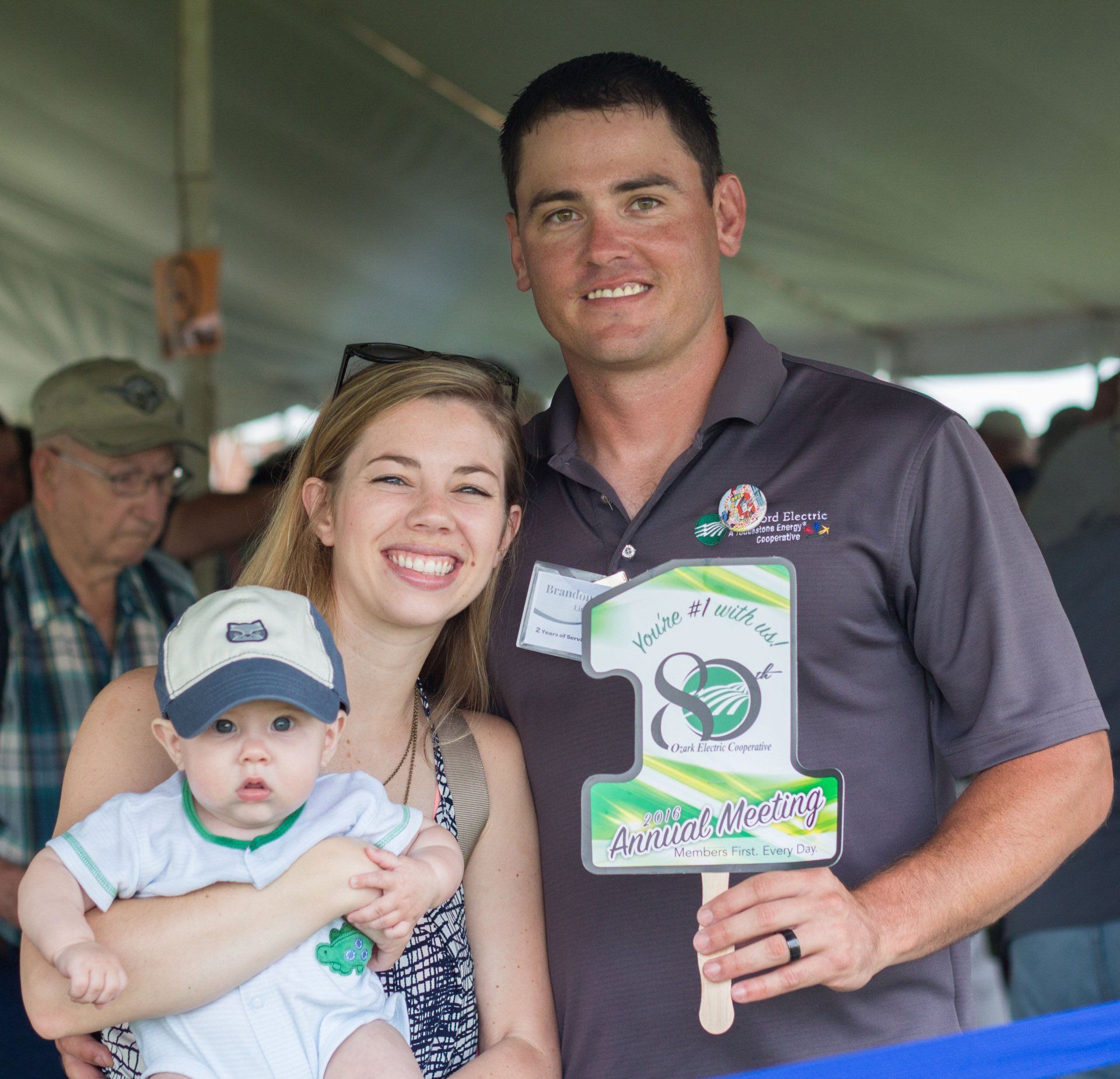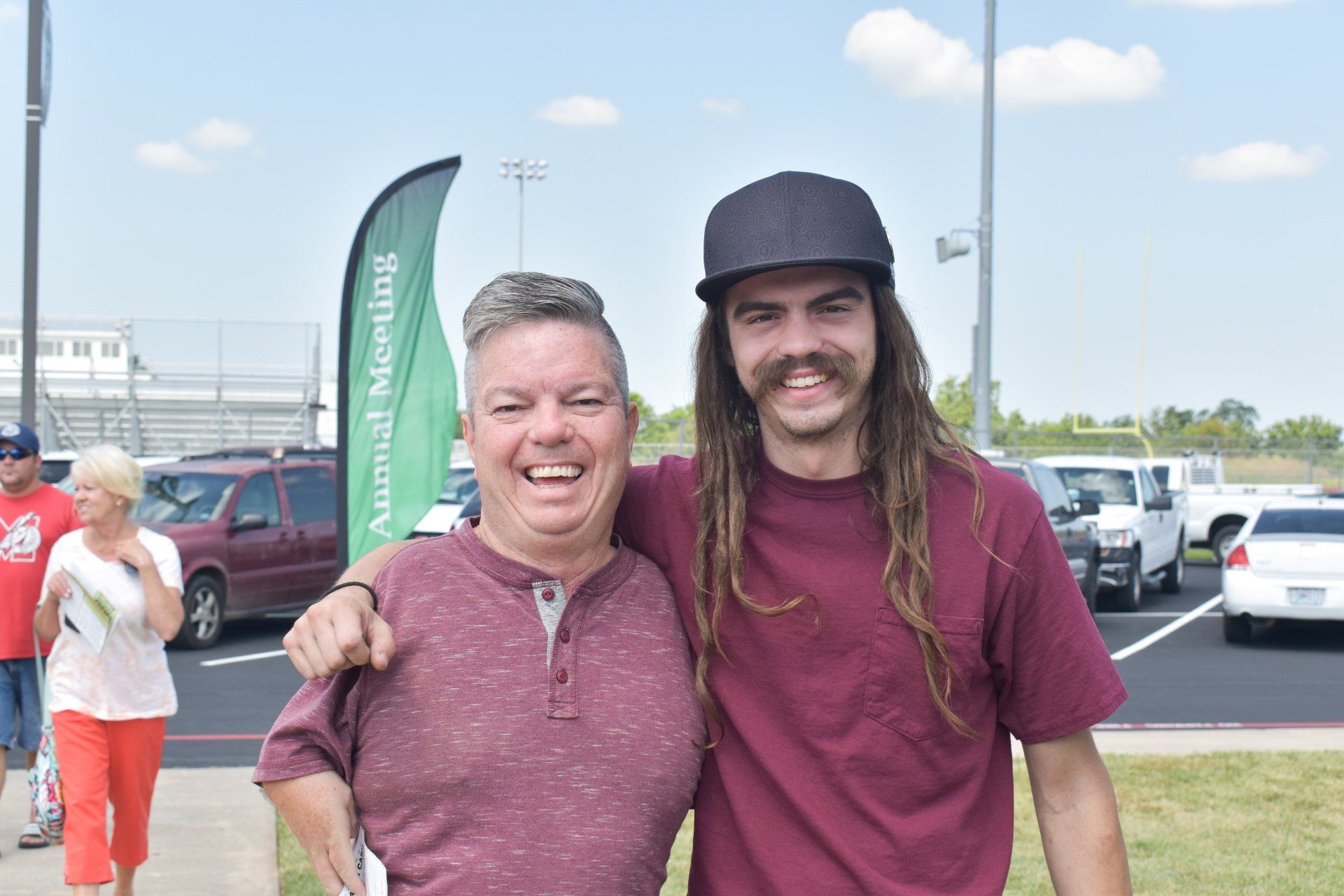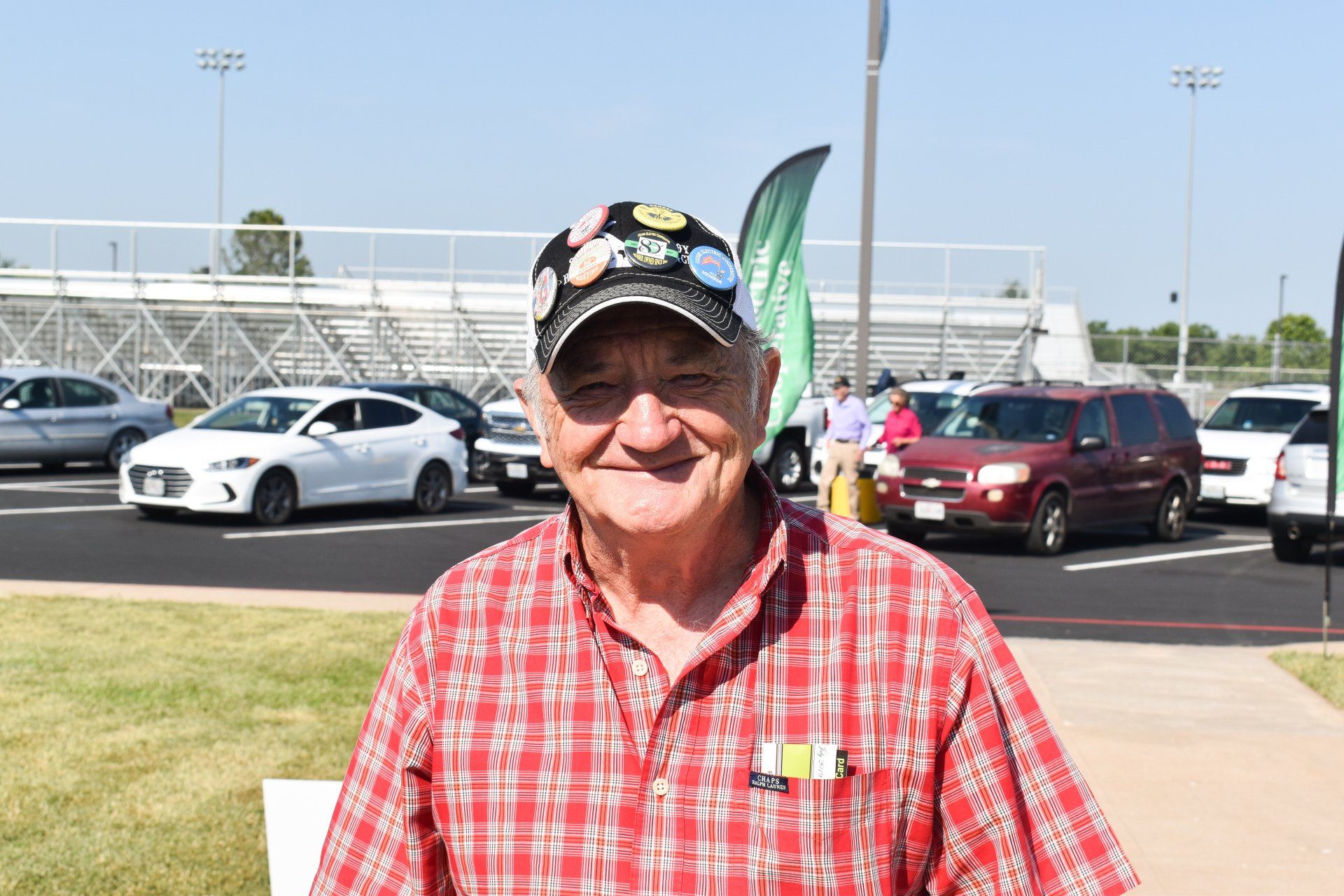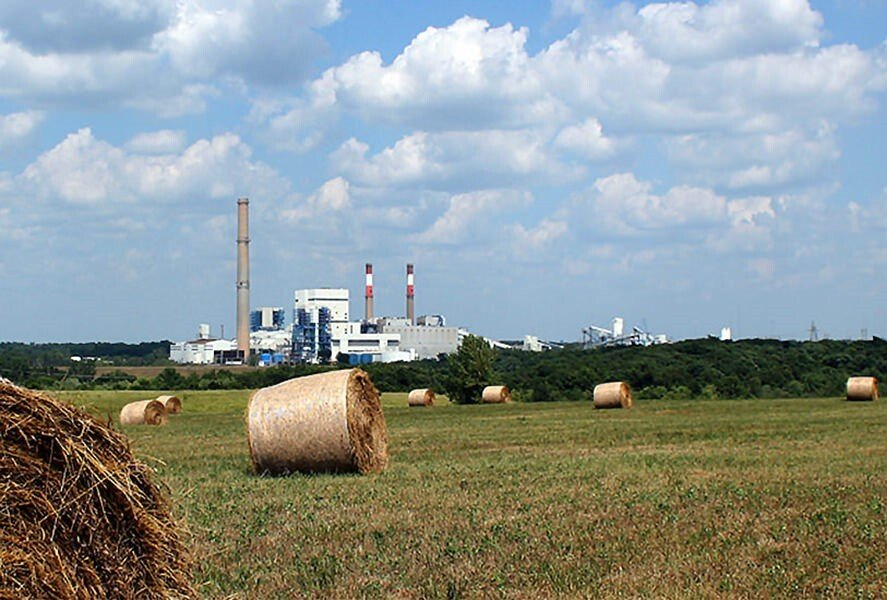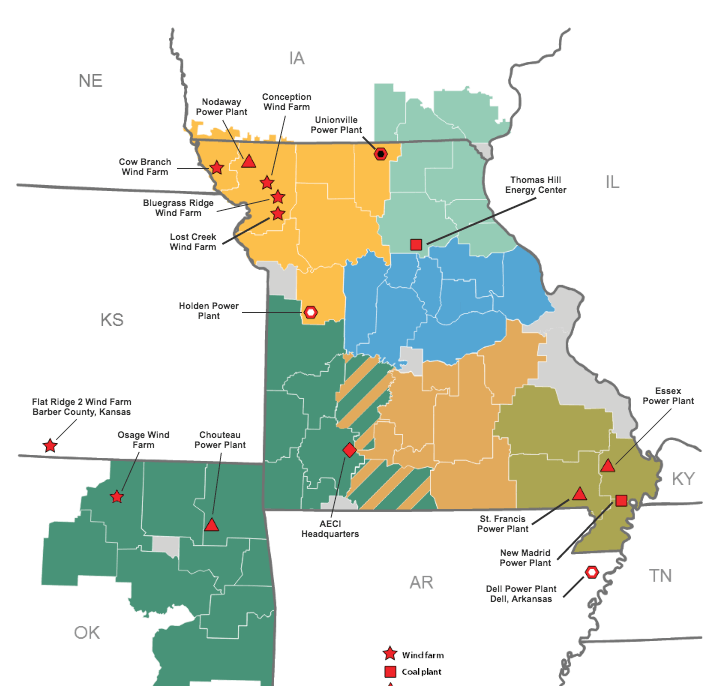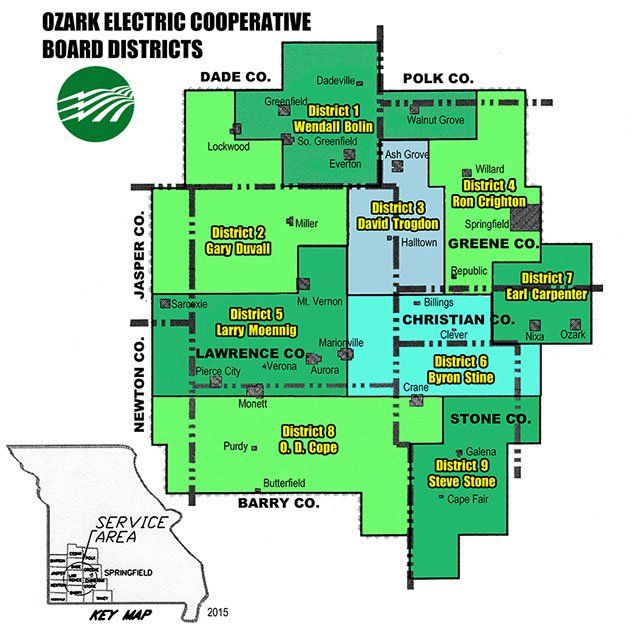Welcome, New Member!
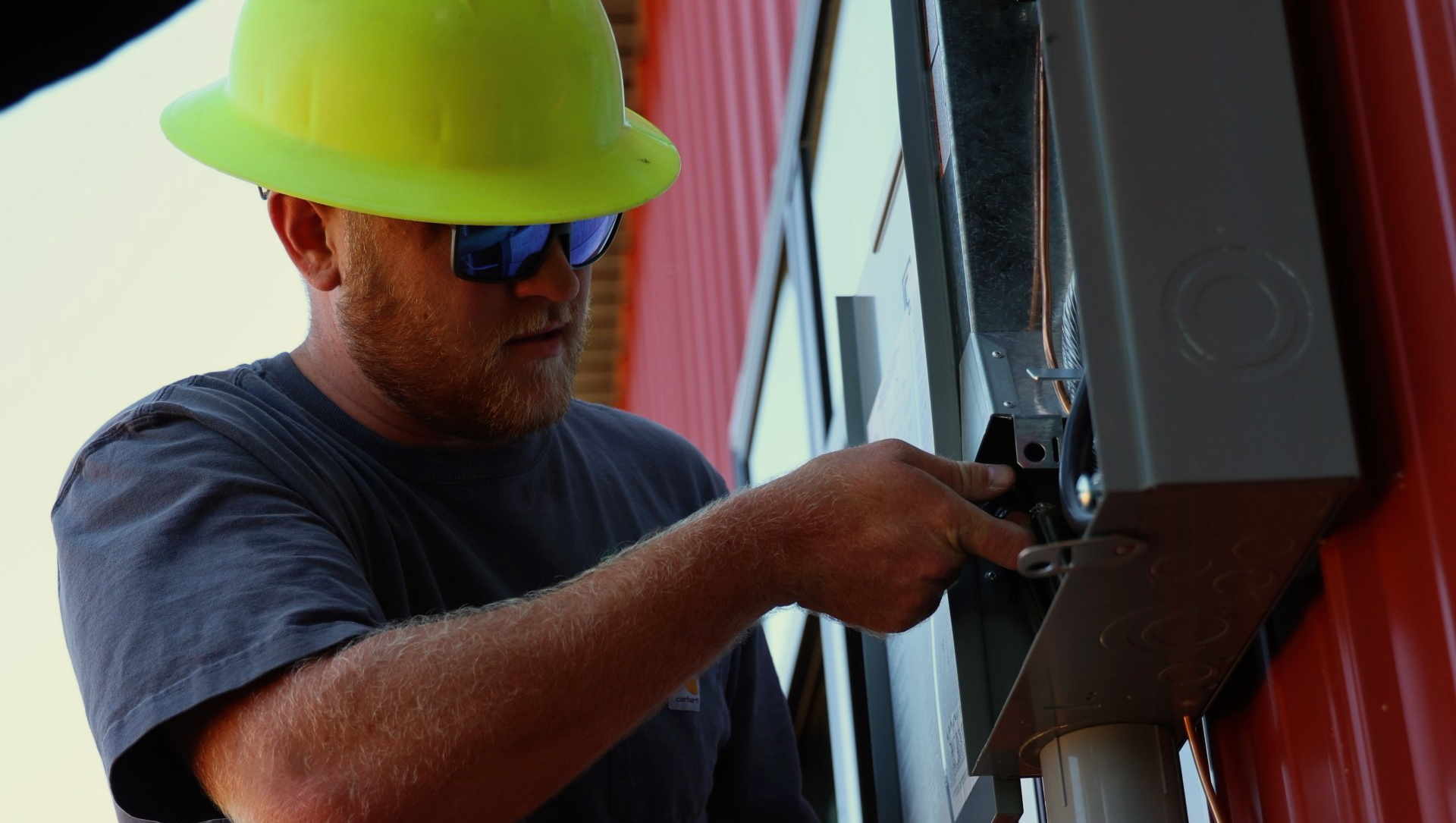
If you're in the Ozark Electric Service Area, becoming a member is simple! Please complete the below application to access the many benefits of membership through your local electric cooperative.
What You'll Need:
- Completed & signed membership application
- Deposit or have OEC run a soft credit check.
- Copies of photo IDs for ALL applicants
- Meter number
Additional Documentation:
- Prepaid Service Agreement & minimum payment of $20.00 to establish account.
- Prepaid accounts bill daily with no paper bills sent.
Reliable, Affordable, Responsible
Why Membership Matters
Seven Cooperative Principles Cooperatives around the world operate according to the same set of core principles and values, adopted by the International Co-operative Alliance. Cooperatives trace the roots of these principles to the first modern cooperative founded in Rochdale, England in 1844. These principles are a key reason that America’s electric cooperatives operate differently from other electric utilities, putting the needs of their members first.
Information provided by NRECA
The Three Tiered System When you hit the light switch, your lights come on. When you push “start,” your microwave heats up your food. When you pull into your driveway at night, your security light comes on. Have you ever wondered, though, how that power gets to from the power plant all the way to your house?
All 40 of your Missouri Electric Cooperatives across the state use the same three-tiered system to get electricity to your home, farm, or business. Those three tiers are: electricity generation, electricity transmission, and electricity distribution.
From the power plant to your light switch, here’s how Missouri’s three-tiered system works for you:
Information provided by AMEC
Diverse Power Sources
A transition to a renewable future will take time for the technology to be proven commercially and time to build the projects and transmission to get the decarbonized power to our load. AECI is promoting that the transition to a decarbonized grid will require 3Ts -- technology, transmission and time.
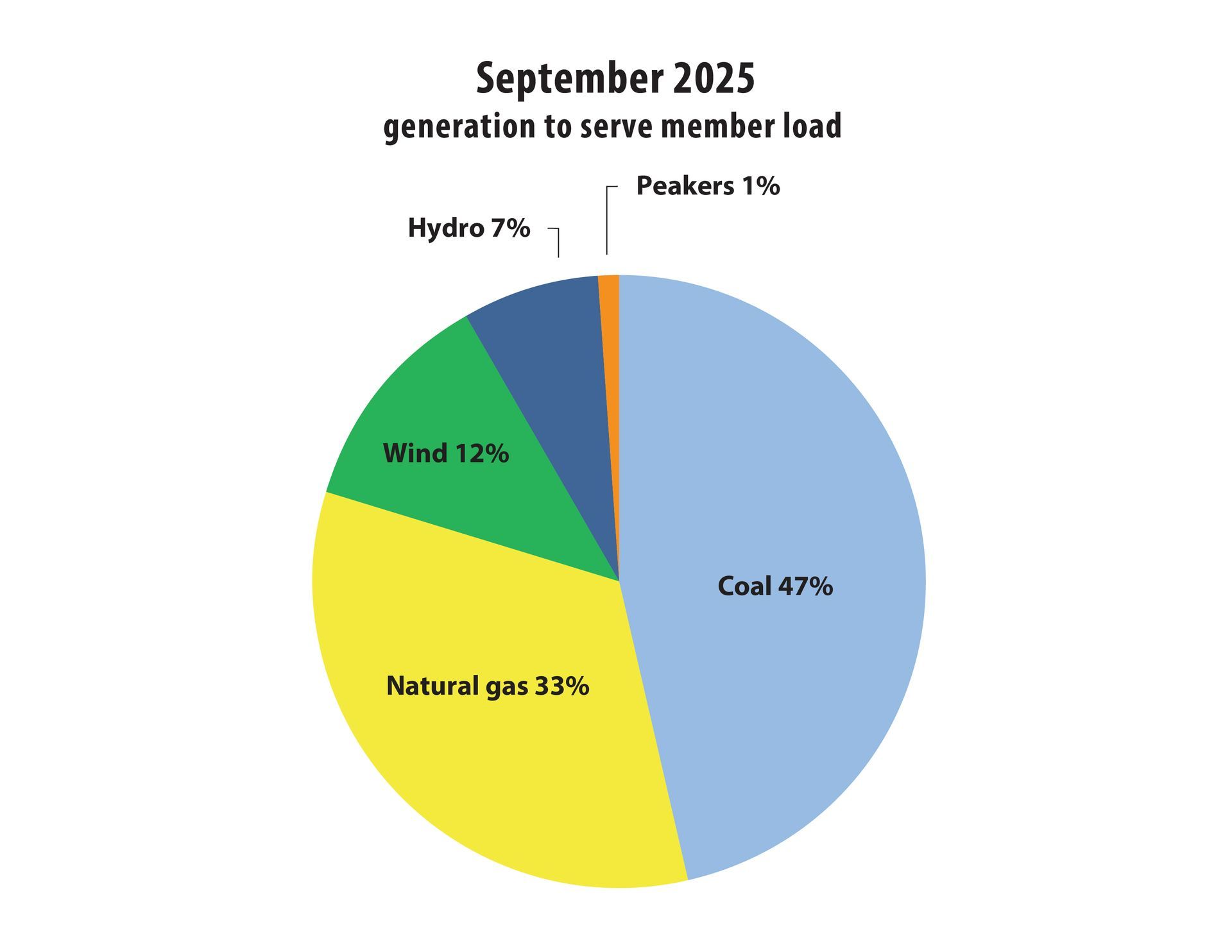
Information provided by AECI
